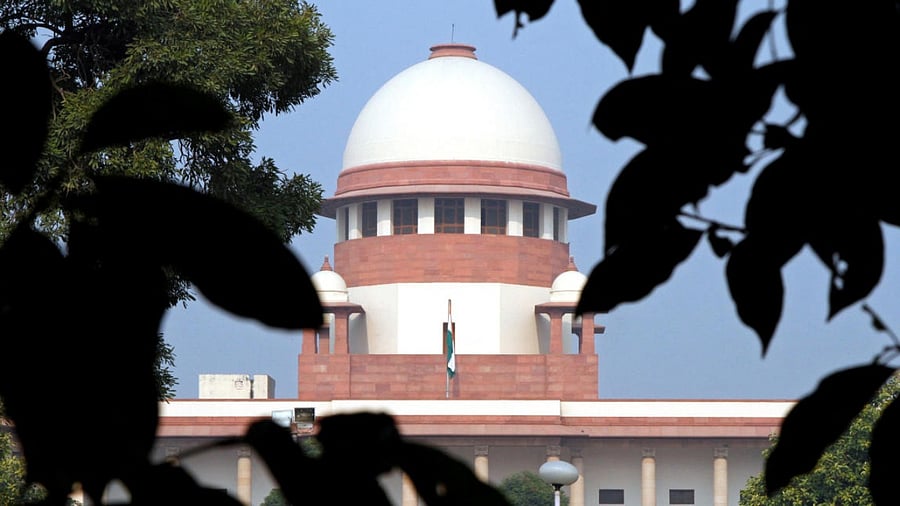
Supreme Court of India.
Credit: PTI Photo
New Delhi: The Supreme Court has said just because a doctor opts for a particular line of treatment, which does not achieve the desired result, he cannot be held liable for negligence, provided that the said course of action was recognised as sound and relevant medical practice.
A bench of Justices Hrishikesh Roy and Manoj Misra said it is natural that there would always be different opinions, including contesting views regarding the chosen line of treatment, or the course of action to be undertaken, due to the unique circumstances and complications that arise in different individual cases, coupled with the constant advancement in the medical field and its practices.
The court said in order to safeguard the medical practitioners and to ensure that they are able to freely discharge their medical duty, a higher proof of burden must be fulfilled by the complainant.
The top court set aside an order by National Consumer Disputes Redressal Commission (NCDRC) directing a private hospital and its doctors to pay a compensation of over Rs six lakh to a woman, who claimed to have suffered a permanent damage to her respiratory tract and voice-loss, altering her life forever, due to medical negligence.
The court said there was nothing to show that a procedure (Nasotracheal Intubation) conducted on a patient, who met with a serious car accident in May 2004, was poor or outdated.
The bench noted that, in the present case, the patient was treated and underwent different procedures at multiple hospitals. She underwent the Tracheostomy Tube (TT) procedure at Gondia Hospital in an emergency situation and subsequently, she was attended to by multiple medical experts at Suretech Hospital. Therefore, there is a possibility that these medical complications could have arisen at any of these hospitals or places where the patient underwent treatment, the bench said.
The bench also said RML Hospital committee report did not attribute any negligence to Suretech Hospital and its doctors with respect to any of the charges levelled against them, and if Nasotracheal Intubation (NI) procedure had been conducted in a negligent manner or was a poor medical decision, it is likely that the RML Hospital committee report would have mentioned it.
The court said an alternative course of treatment in the form of an ‘NI’ procedure was opted for as a temporary measure.
“This is a classic case of human fallibility where the doctors tried to do the best for the patient as per their expertise and emerging situations. However, the desired results could not be achieved. Looking at the line of treatment in the present matter, it cannot be said with certainty that it was a case of medical negligence,” the bench said.
